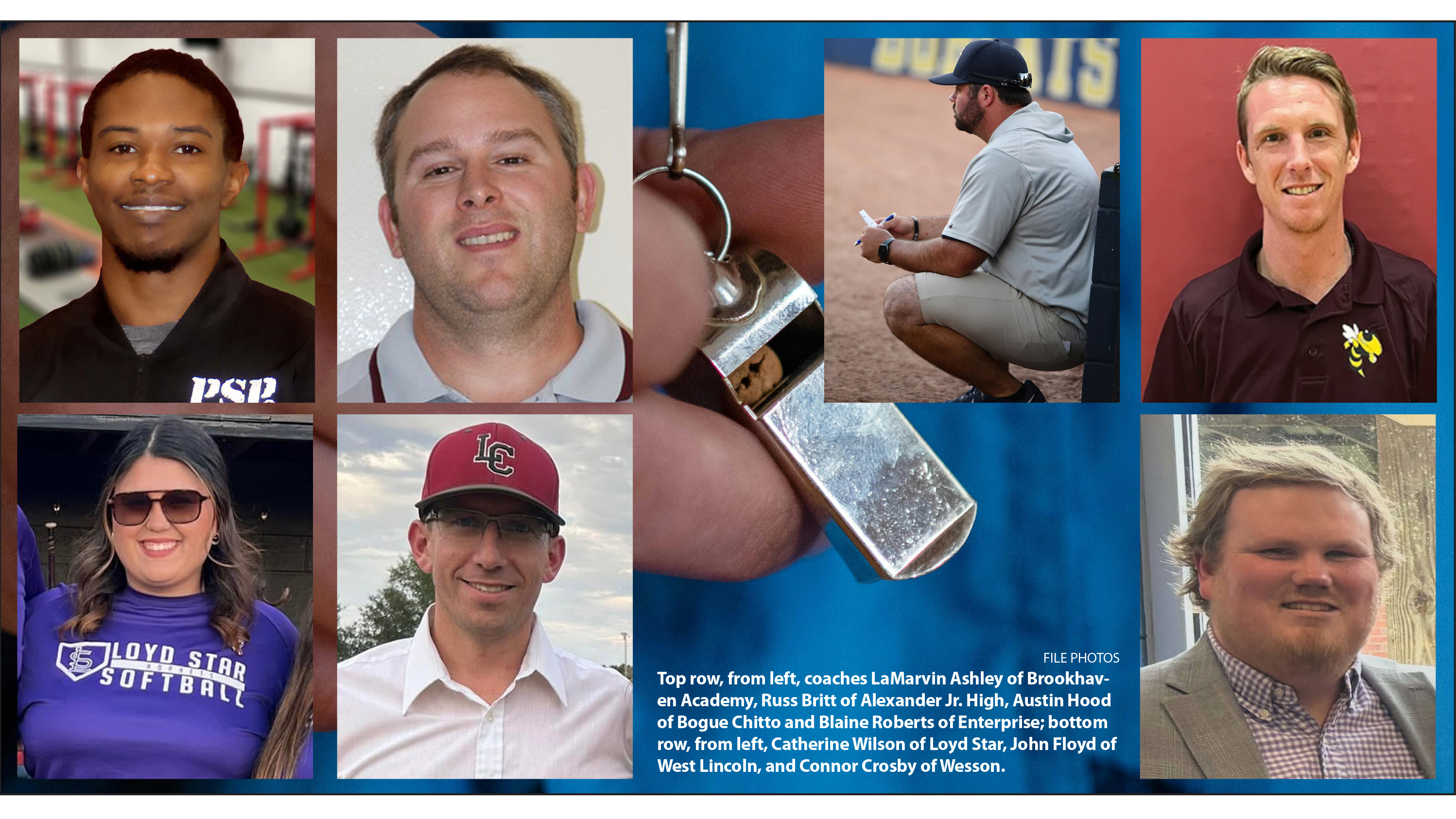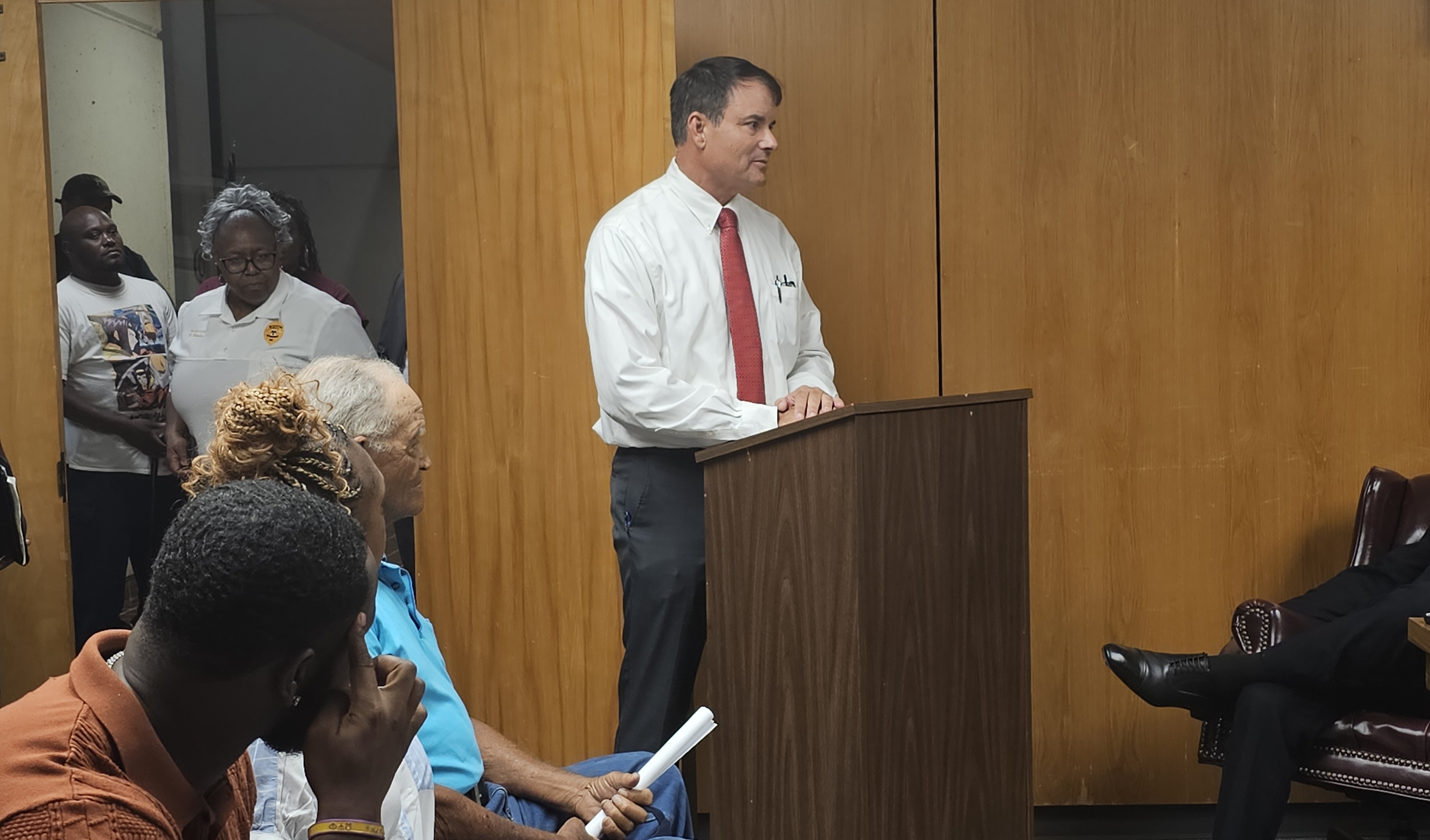Emergency workers get anti-terrorist training
Published 5:00 am Wednesday, September 10, 2003
Nearly 50 area and state emergency services officials attendedan anti-terrorism workshop at the Multi-Purpose Building Monday andTuesday.
The PATRIOT workshop, hosted by the U.S. Attorney’s Office’sAnti-Terrorism Task Force (ATTF), is designed to teach officials ina wide range of emergency services how to prevent, identify andrespond to terrorism threats. PATRIOT is an acronym for PreventiveAnti-terrorism Threat Recognition Interdiction OperationalTechniques.
“We’re teaching them preventative techniques they can hopefullyutilize in their day-to-day operations,” said Max Fenn, anintelligence specialist with the ATTF. “This training enhancestheir ability to do their daily jobs better.”
The workshop is not easy, Fenn said. There is a lot of materialto cover in only two days.
“It’s pretty intense training to do it in two days,” he said.”It’s four days training crammed into those two days.”
Brookhaven Police Department’s Capt. Roger Wilson agreed.
“They’re being thorough,” he said. “I learned a lot I didn’tknow about how to handle certain situations.”
Specifically, Wilson said the workshop gave him guidelines onhow to handle any situations that may occur involving anthrax,ricin, and other poisonous or toxic materials used by terrorists inthe past.
“You never really thought about any of this until 9-11 and allthose anthrax scares,” he said. “This is something we’ve beenneeding here. Even though we’re a small town and a small community,you never know. These terrorists mean business. It’s best to beprepared.”
Wilson said he is the only city officer currently attending theworkshop, although Police Chief Pap Henderson stayed most of Mondayand had checked in several times Tuesday. Prior commitments kepthim from staying all day Tuesday, Wilson said. Other officers inthe department are scheduled to attend future workshops.
Wilson will take his training and the resource manuals providedby ATTF and pass down the knowledge to other officers in thedepartment.
The ATTF provided the participants with an in-depth manual andother resources precisely for that reason, Fenn said.
“They can take this back and use this as a resource to trainother people in their department,” he said.
The workshop was well attended by those in the law enforcementprofession, but many of the participants were also from themedical, civil defense, and other emergency services.
“We’ll have to work together if something happens,” Wilson said.”We hope it never does, but we need to be prepared and have thoseemergency plans and contacts already made.”




